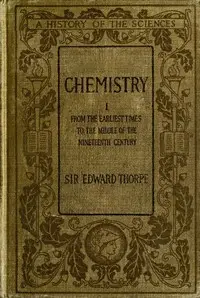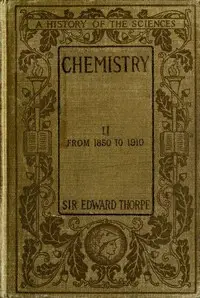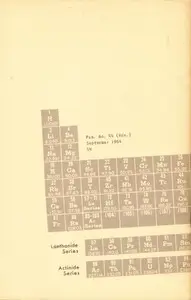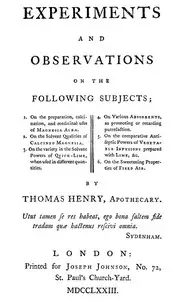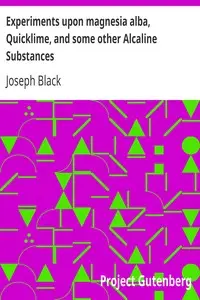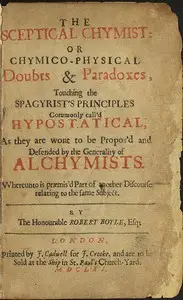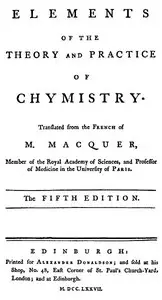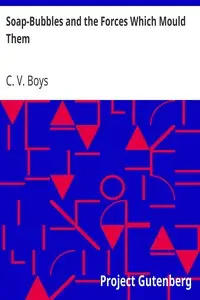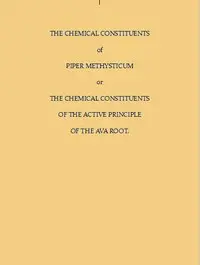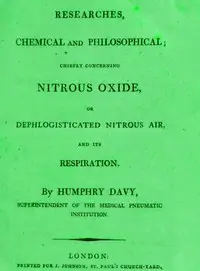"Some Experiments Concerning Mercury" by Herman Boerhaave is a scientific exploration from the 1700s centered on the element mercury and its reactions. The book carefully records experiments designed to purify mercury and see how it acts under different conditions, like heating and shaking, leading to new substances like powders. Through repeated distillation, Boerhaave tries to figure out mercury's basic qualities and the effects of its changes. While sharing his findings, the book questions common alchemical ideas, highlighting the struggles and discoveries that come from carefully studying chemical experiments.
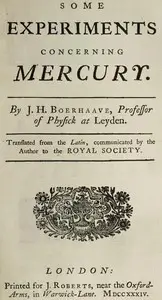
Some Experiments Concerning Mercury
By Herman Boerhaave
Witness the meticulous transformation of quicksilver through rigorous testing and manipulation as one of the most mysterious substances of the 18th century reveals its fundamental characteristics.
Summary
About the AuthorHerman Boerhaave was a Dutch botanist, chemist, Christian humanist, and physician of European fame. He is regarded as the founder of clinical teaching and of the modern academic hospital and is sometimes referred to as "the father of physiology," along with Venetian physician Santorio Santorio (1561–1636). Boerhaave introduced the quantitative approach into medicine, along with his pupil Albrecht von Haller (1708–1777) and is best known for demonstrating the relation of symptoms to lesions. He was the first to isolate the chemical urea from urine. He was the first physician to put thermometer measurements to clinical practice. His motto was Simplex sigillum veri: 'Simplicity is the sign of the truth'. He is often hailed as the "Dutch Hippocrates".
Herman Boerhaave was a Dutch botanist, chemist, Christian humanist, and physician of European fame. He is regarded as the founder of clinical teaching and of the modern academic hospital and is sometimes referred to as "the father of physiology," along with Venetian physician Santorio Santorio (1561–1636). Boerhaave introduced the quantitative approach into medicine, along with his pupil Albrecht von Haller (1708–1777) and is best known for demonstrating the relation of symptoms to lesions. He was the first to isolate the chemical urea from urine. He was the first physician to put thermometer measurements to clinical practice. His motto was Simplex sigillum veri: 'Simplicity is the sign of the truth'. He is often hailed as the "Dutch Hippocrates".

